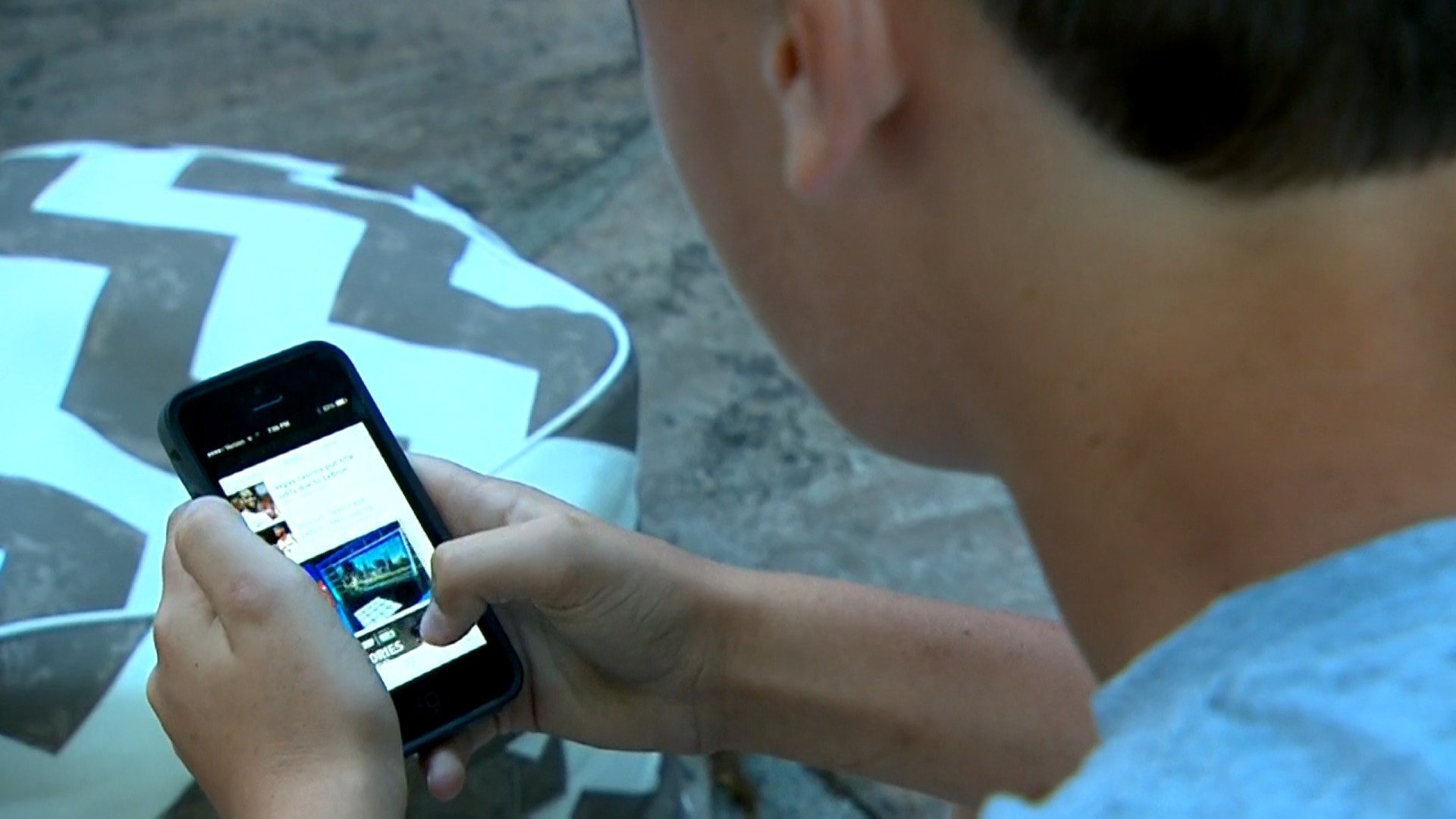
According to data from the Center for Disease Control and Prevention, teen suicide rose from 2010-2015 – and some think it may have to do with an increase in social media use.
“That’s becoming more prominent,” said David Miers, Mental Health Services Manager at Bryan Health.
“More of a percentage of our connection is communicating to people through electronic means, and less so through that face-to-face connection.”
While cyber bullying may seem the obvious culprit, some say websites like Instagram and Facebook portray people’s lives are being “perfect” which in turn causes some teens to feel like their own lives don’t measure up.
Suicide ranks as the second leading cause of death in people ages 15-24, and Miers says one of the biggest reasons is that teens don’t feel connected to their communities.
“Social media can be a helpful thing in ways,” he said.
“You feel connected maybe through that way, but it’s different than personal connection. And that’s what individuals want is that personal connection.”
Miers says the more involved a teen is with their school, social groups and friends, the less likely they are to commit suicide or act violently towards others.
He says the best thing to do if you suspect someone is suicidal is to simply ask them about it.
“It’s OK to ask the question, ‘Are you thinking about suicide?'” he said.
“Then you let the person open up and explain how they’re feeling and just be a good listener.”
As for the stigma that’s attached to admitting you may be struggling, Miers says you should treat a mental illness the same as a physical one.
“It’s all in one,” he said.
“I would come to the emergency room if I had a broken leg or I was in a car accident. But if I’m feeling suicidal, it’s important that I come to the emergency room for what I may be going through.”
Miers says Nebraska’s teen suicide rate typically mirrors that of the rest of the country or may be slightly lower, and that recently it has trended downward.
Many national and local resources are available to help those battling mental illness, depression and suicidal thoughts.
We’ve provided some links to those resources below.
http://www.suicideprevention.nebraska.edu/
If someone needs immediate help, the best option is to call 911 or 1-800-273-TALK (8255).
Source:-klkntv
